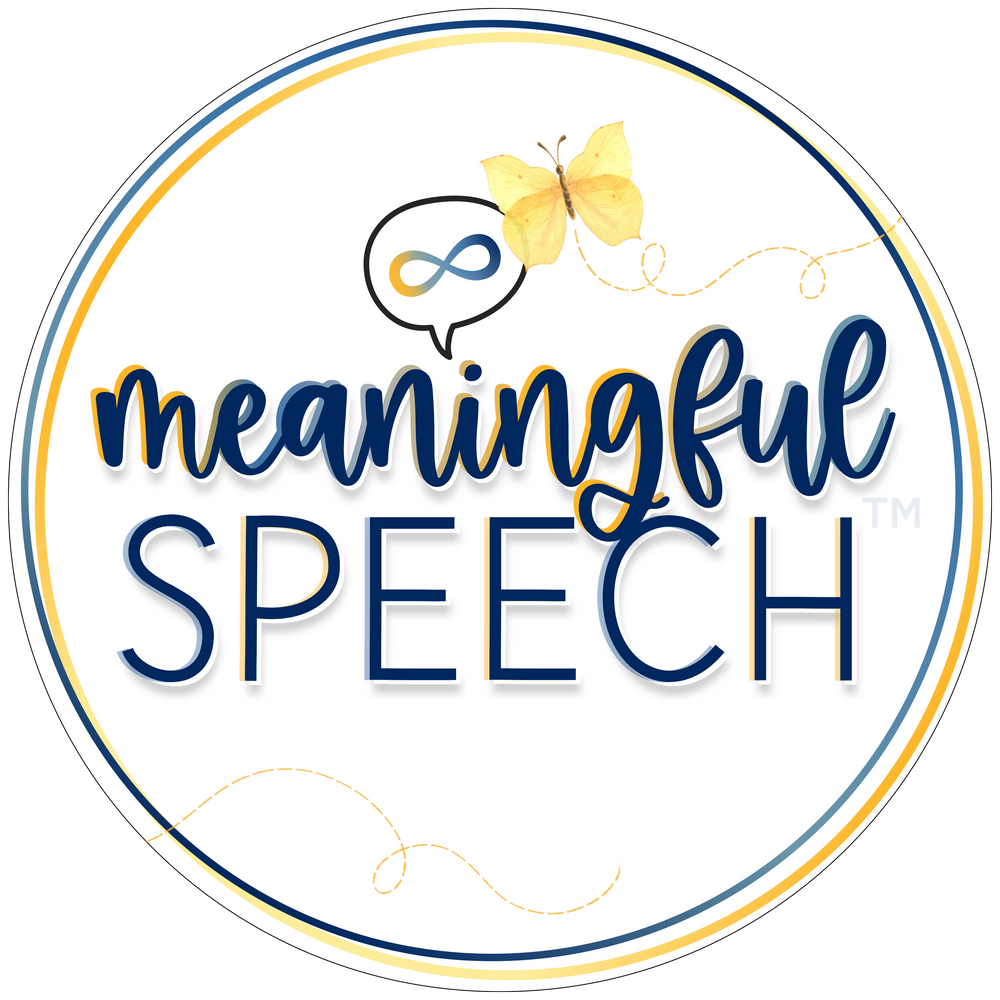Episodic Memory & Gestalt Language Processing
Aug 22, 2024
Based on our clinical experience, many of the gestalt language processors that we support have wonderful episodic memories. Knowing this as a parent or professional can help you better understand and support your child or client(s). Let’s talk about what episodic memory is and look at some examples.
What are the two types of long term memory?
There are two forms of long-term memory which include semantic memory and episodic memory. Episodic memory involves the ability to learn, store, and retrieve information about unique personal experiences that occur in daily life. These memories typically include information about the time and place of an event, as well as detailed information about the event itself. Whereas semantic memory involves memory of factual world knowledge that has been learned, but specific ‘time and place' about the source of the original experience is usually not known (Dickerson & Eichenbaum, 2010). Many gestalt language processors have very strong episodic memories (Prizant, 2012).
Let’s look at some examples of episodic memory…
Example #1: Vacation: Sammy went on vacation to Florida a few years ago and stayed at a hotel that had a large pool with a lazy river. While there, she floated in a lazy river with her family. Sammy did not enjoy the temperature of the water or the loud noises of those around the pool area. She remembers the feeling of dysregulation and overwhelm she had at the pool. Years later when her parents tell her they’re going on vacation to Florida again, Sammy becomes very upset as she remembers the details of her previous Florida vacation, including the feelings of dysregulation and overwhelm from the water temperature and loud noises.
Example #2: Occupational Therapy Evaluation/Session: For Ben’s occupational therapy evaluation, the occupational therapist (OT) picked him up from class during center time, they went to the room at the end of the hall to the right, they explored a sensory bin, played in the ball pit, and did an obstacle course. Going forward, this is how Ben conceptualizes occupational therapy. Ben remembers these specific details of that first evaluation and believes that this is how occupational therapy should go in order for it to continue being occupational therapy. If the OT deviates from that first routine of events, Ben may struggle with the deviations due to his strong episodic memory.
Why is it important to understand episodic memory?
Understanding that a child has a strong episodic memory can help you better understand why a child may react the way they do in a particular situation, or when a routine is changed or help you predict how a child might react based on prior experiences. It can help you proactively support potential dysregulation. It can also help you understand why a child remembers specific details from previous events and stores them as data points for future reference as it relates to gestalt thinking. If you want to learn more about gestalt thinking, we teamed up with speech-language pathologist and instructor of our bonus module on gestalt thinking, Rachel Dorsey, on a blog post. Rachel also recently completely revamped her bonus module in our Original Meaningful Speech course where she goes into much greater detail about episodic memory, and gestalt thinking.
References
Dickerson, B. C., & Eichenbaum, H. (2010). The episodic memory system: neurocircuitry and disorders. Neuropsychopharmacology : official publication of the American College of Neuropsychopharmacology, 35(1), 86–104. https://doi.org/10.1038/npp.2009.126
Prizant, B. M. (2012). The power of emotional memory. In Autism Spectrum Quarterly (pp. 37–38). https://barryprizant.com/wp-content/uploads/2015/07/asq17_power_of_emotional_memory_spring_2012.pdf
Want to learn more in-depth information about how to support gestalt language processors?
- There are many free podcasts, webinars and articles to get you started. A comprehensive list of resources can also be found on our website. We just released a new FREE masterclass on echolalia and child-led therapy that is perfect for anyone starting their learning journey or on the fence about purchasing our courses!
- Consider taking the Meaningful Speech course to learn more about how your child or client processes language, how you can help support them from echolalia to self-generated (original flexible) language, child-led therapy, and neurodiversity-affirming practices. Looking for something shorter? We have a 1-hour introductory course perfect for extended family, daycare or school staff.
- Consider taking our AAC + Gestalt Language Processing course. It will teach you how to identify, evaluate and support gestalt language processors who use AAC or who you think might benefit from AAC.
- Look for a speech-language pathologist (SLP) who "gets it" and can help you in supporting your child's language development. Check out our registry for SLPs who understand gestalt language processing and child-led therapy.
- Are you a school-based or private practice clinician looking for intake forms for new clients/students or creative visual reminder posters for your space? Check out the Meaningful Speech Marketplace.
- Want to learn more about starting a niche private practice? Watch our 1-hour webinar on starting a niche private practice hosted by Alex Zachos and Jess Teixeira from the Meaningful Speech team HERE.
